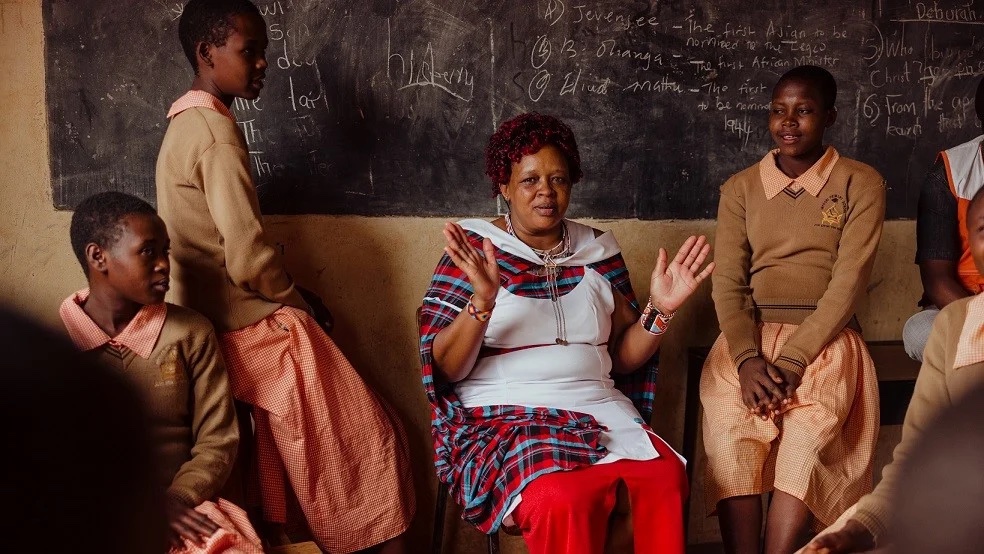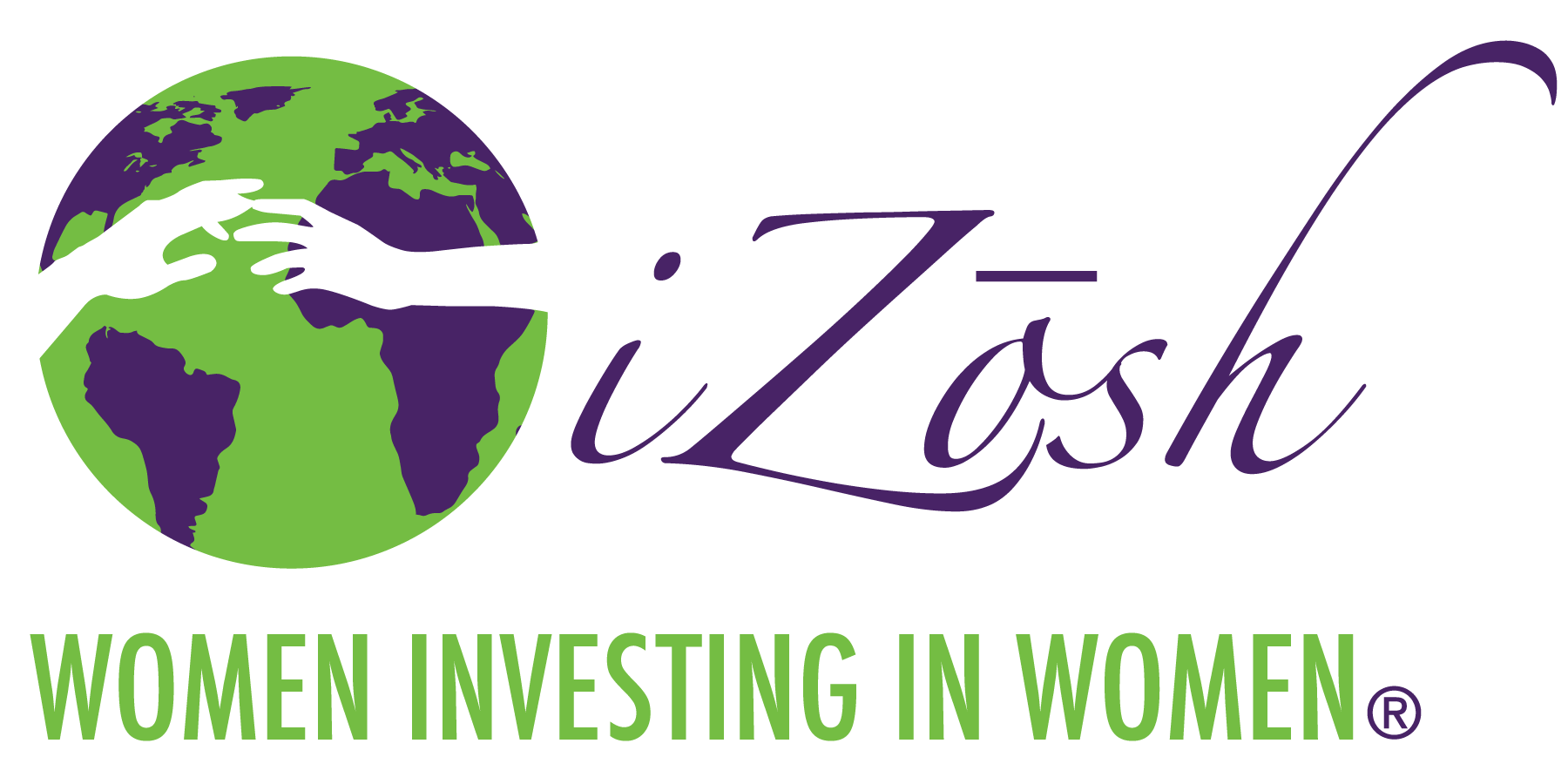This blog highlights the work of World Vision, one of the organizations we work alongside as we support women in extreme poverty. The information and story is shared with permission and can be found in the January 2024 edition of the World Vision Strong Women Strong World Newsletter.
On February 6, we acknowledge the International Day of Zero Tolerance for Female Genital Mutilation (FGM), a day to raise awareness in order to combat the practice. It’s also a day where we celebrate the progress made toward the elimination of the harmful traditional practices holding girls back from reaching their full potential.
In Kenya, female genital mutilation — which is mostly carried out on girls ages 10 to 14 — is often a precursor to child marriage. This harmful practice can have devastating physical and psychological effects that impact a girl’s health, education, marriage, and future. And it’s illegal.
Although considerable progress has been made toward ending child marriage globally, about 650 million1 of the world’s girls and women alive today were married in childhood. Every minute, 22 girls under the age of 18 are married2, and this number is rising as families in extreme poverty see few options besides the bride price they can get for their daughters.
“Child marriage is a global issue that affects millions of girls every year, robbing them of their chance at an education, threatening their health and safety, and locking them into a cycle of poverty. And at the current rate of progress, it will be 300 years before child marriage is eradicated. But change is possible in our lifetime,” says Melinda French Gates.
We strongly agree that change is possible. Together, we can help communities end FGM and child marriage in our lifetime.

When Peninah was a girl in Kenya, the rites of FGM were a celebration — the trauma and lifelong harm it caused girls was never considered. She was ‘cut’ at the age of 12, and she remembers feeling that she was now a woman. Soon after, she was married and had four children of her own. One of her children is now sponsored through World Vision. Information sessions held by World Vision staff helped members of Peninah’s community learn about the harm caused by FGM and child marriage.
Over time, she started to challenge the long-held cultural mindsets she was raised with. She began to see that these traditional practices were damaging girls’ well-being and was convinced they should be stopped. She became a community health volunteer and began advocating for the end of FGM and child marriage — speaking with community leaders and holding information sessions at the local school to tell others about girls’ rights, the dangers of FGM and child marriage, and how to help stop them by reporting cases to the authorities.
Peninah has become a trusted friend and advocate for local girls, and she has stepped in in several cases to prevent them from becoming victims of these practices.
